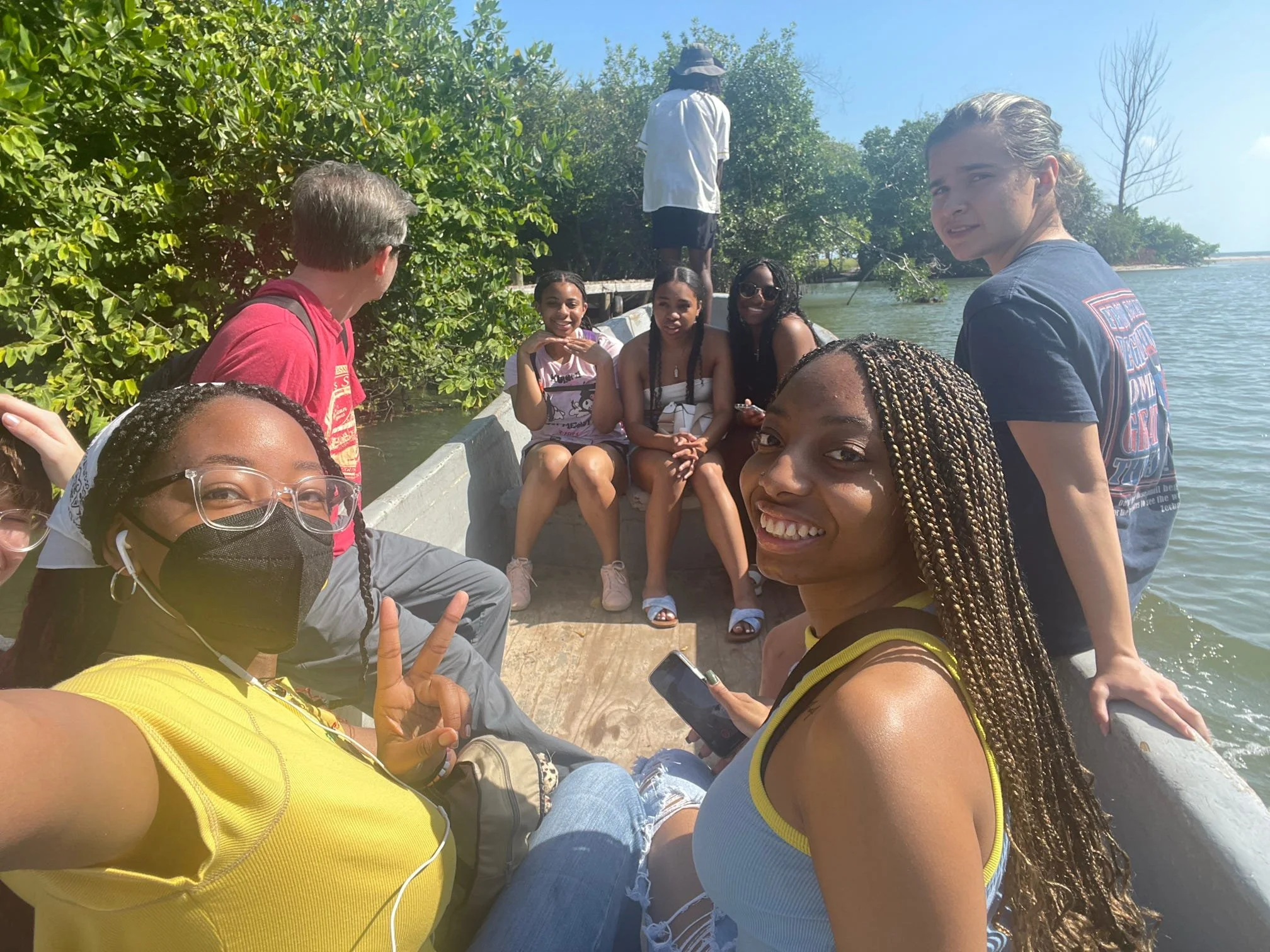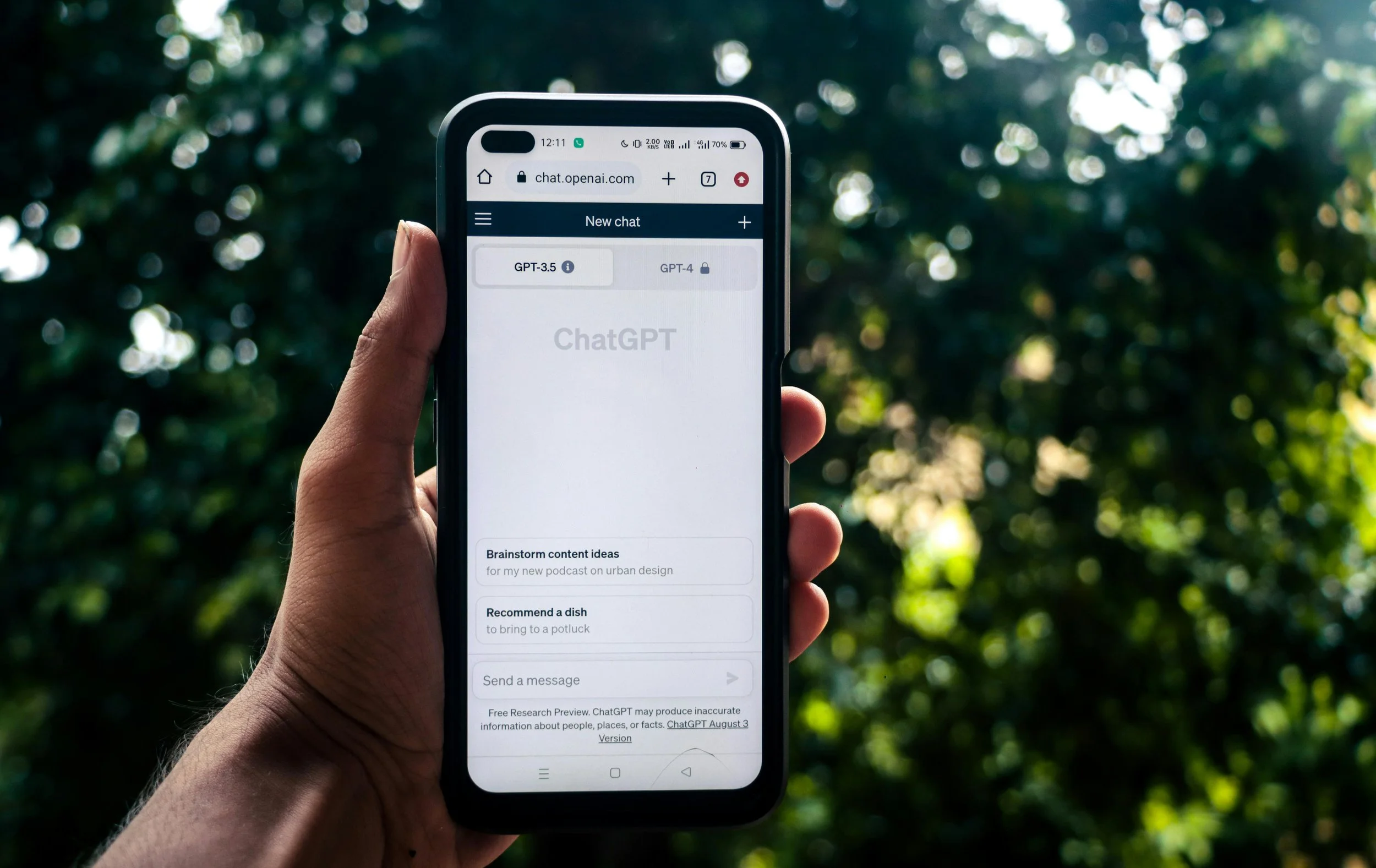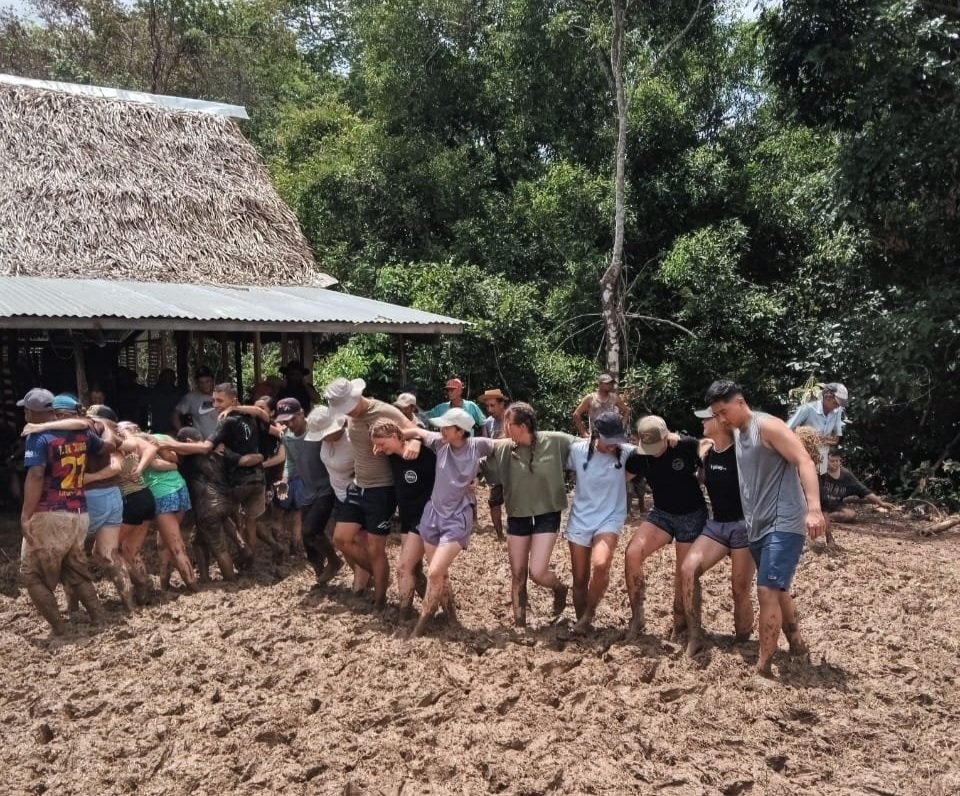How to Include Study Abroad Experience on Your Resume in Five Simple Steps
/Not only is study abroad a great opportunity for young people to see the world, but it’s also a fantastic way to bolster a resume—if you weren’t aware, employers look on experience abroad very favorably!
The problem is, it can be difficult for students to write about their time studying abroad on a resume, cover letter, or LinkedIn profile. Where should it be included? And how should it be put across?
We understand this dilemma all too well. That’s why we’ve put together a guide on how to include study abroad experience on your resume in five simple steps.
The process is straightforward, repeatable, and will vastly improve your success rate in securing job interviews. But before we get to it, let’s first consider the career benefits of study abroad…
The Career Benefits of Studying Abroad
Study abroad opens the door to a wealth of career opportunities, and it may land you a juicier pay package too: according to a survey from Hostel World, 41% of U.S. employers consider offering a higher salary to students with international experience.
When you think about the range of soft skills that study abroad develops in students, it’s clear to see how it might offer an edge in the jobs market. Below, you’ll find three key ways study abroad improves your career prospects—you could even use these later while writing your resume.
Confidence
There are a number of studies that suggest studying abroad improves independence and confidence. In the International Education Association of Australia’s annual report for 2020, for example, a huge 97% of students reported improved self-confidence from their time abroad.
From an employer’s perspective, study abroad demonstrates that you’re not afraid to step out of your comfort zone and take on new challenges—businesses are always looking for these kinds of confident self-starters to add to their ranks.
Project Management
There’s no shortage of distractions while spending a semester abroad. Completing your university work while juggling the disparate demands of cultural adjustment, new friends, and various foreign adventures shows that you can manage your time wisely.
The message this sends to potential employers is that you’re a flexible worker with a strong drive and effective problem-solving abilities. Now that’s a skill set that will be valued in any job role.
Intercultural Competence
During your time studying abroad, you learn how to interact effectively with people from diverse backgrounds in spite of cultural differences—this is called intercultural competence, and it’s a highly-sought skill in today’s global economy.
Positions at multinational companies, where you work with co-workers and clients from other countries, regularly call on cross-cultural communication skills. If you are also required to speak a foreign language, research shows employers favor candidates with study abroad experience.
Step-by-step Guide on How to Include Study Abroad on Resume
You’ve learned how studying abroad can benefit your career, now it’s time to add your experiences to your resume! Follow our five-step process below to immediately expand your job prospects.
1. Reflect on Your Time Abroad
Studying abroad tends to draw on the same generic set of skills for different students—that is, self-confidence, communication, and leadership, among others—but you need to make your account of your experiences as personal and unique as possible.
The first step, therefore, is to think deeply about the lessons you learned from your time abroad, and how they transformed you into a more well-rounded professional. Perhaps you developed your ability to work under pressure? Or honed your critical thinking skills?
Think of as many lessons as you can; the more the better. Where possible, connect lessons with a specific scenario—like the first time you plucked up the courage to ask for directions, for example. Jot all of these ideas down into a list.
2. Tailor Experience to the Application
Not all of your study abroad experiences will be relevant to the position you ultimately apply for. To maximize your chance of success, you need to tailor your application. This may seem time-consuming, but it will help elevate your application above other candidates.
From your list of study abroad lessons, pick out the ideas that are highly relevant to your chosen career path. As we mentioned above, intercultural competence is a great skill to highlight for roles involving regular communication with people from different backgrounds.
Other examples include adaptability for jobs with multiple responsibilities or problem-solving for positions requiring an analytical mind. You don’t have much space on a resume, so make sure to select only the most transferable skills from your study abroad experience.
3. Decide Where to Include Study Abroad Experience
There are up to four sections where you could reasonably include study abroad experience on your resume. The one you choose will depend on how highly the employer is likely to value the study abroad experience as well as the type of study abroad program you completed.
The best practice for each section is as follows:
Summary: We recommend including study abroad experience in the summary of your resume only when the hiring company explicitly states a preference for study abroad among candidates.
Education: This is the most popular section for study abroad experience. Below your home college or university, add the details of your study abroad program, including the name of the foreign institution, length of study, and any relevant coursework or honors.
Experience: If you undertook work experience, an internship, or volunteering during your time abroad, they can be included in this section. As with any other job, state the duration of the role and list the key responsibilities in bullet points.
Skills: You can refer to your study abroad experience indirectly in this section. This is a good place to add foreign language skills. Hiring managers will likely ask you about this section later on, giving you the chance to elaborate on your study abroad experience.
4. Write About Experiences
Once you’ve settled on the appropriate section for study abroad on your resume, you can begin to write up your experience. If you’ve decided on the education section, there isn’t much room for creativity; just insert the details of the program using the same formatting as other entries.
For the skills section, simply add the study abroad skills that are most relevant to the application. If you’re including your study abroad experience in the summary or experience sections, however, you’ll need to put some effort into actually describing your time abroad.
Here are some tips to bear in the mind for these sections:
Focus on skills mentioned in the job description
Demonstrate your skills with evidence
Mention achievements from your time studying abroad
Use action verbs, such as ‘managed’ or ‘led’
Be concise
5. Check Formatting
Having written about your study abroad experiences and added them to your resume, all that remains is to check that the formatting on the document is consistent.
Ensure that font types, sizes, and styles are the same. Your study abroad experience should fit in succinctly with the rest of the section, and the resume as a whole. Once you’re satisfied, it’s time to submit your application to your employer. Good luck!
Broaden Your Career Horizons with Study Abroad
Study abroad experience will open up new career opportunities for young graduates, but only if it is included on a professional resume correctly. Students should select the right section for their international experiences and, where applicable, explain how they benefited from them.
By drawing out the study abroad skills that are particularly relevant to their career and writing about them in a compelling way, students can tap into the advantage that international experience gives them over other candidates in the jobs market.
Learn from Travel works with colleges and universities to deliver culturally-immersive faculty-led and virtual study abroad programs. If you’re interested in any of our travel packages, don’t hesitate to contact us.




















